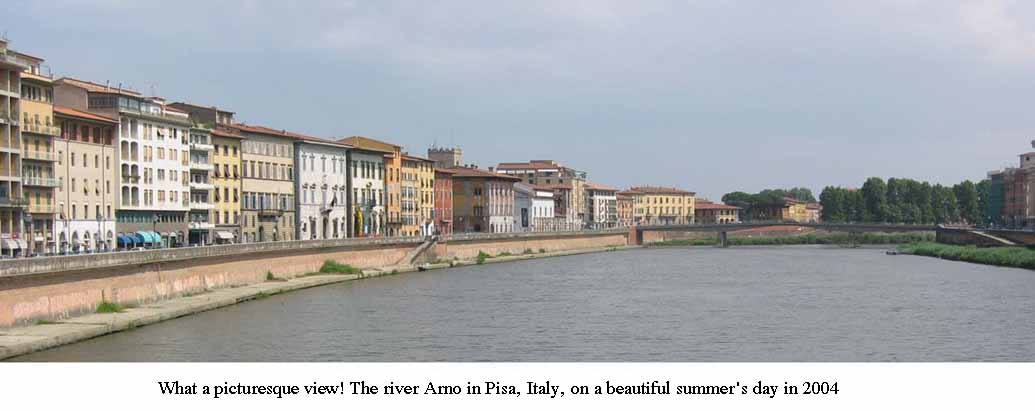Re-assessing Shaw and his utopia in 'Major Barbara'
Re-assessing some ideas about the Shavian utopia (in Major Barbara)
in the light of today’s (= 07/07/99) appreciation of it in class
I agree with the point that Shaw’s character of Undercraft advocates a new kind of world, which with some justification can be called a “utopia”. I disagree with those who assert Shaw himself, however, didn’t believe in this “utopia” (distancing himself from it as an omniscient kind of author not taking responsibility for what he ‘preaches’).
All of Shaw’s cynicism and even sarcasm cannot hide away the fact that he himself deeply and truly believed in what he had created through his protagonist of Undershaft. Shaw’s utopia is a society who lacks tradition, culture, art. It doesn’t take any form of idealism to help people on with their lives. Churches, Christian denominations, religious sects have no existential value any more as poverty has been eradicated just to be replaced by material wealth. This is a Marxist view, its argument being that a continuously guaranteed income, this sort of financial security, can provide man with fulfilment in all respects of life.
Yet materialism is not an automechanical(ly functioning), self-fulfilling process. It takes enthusiasm, persuasion, dedication, devotion to something to achieve something. It happens thus that someone wins insights into life and discerns some sense in it for their own personal lives, which is what keeps them going. Life is not rewarding if people just carry on amassing material riches. Selfishness and egotism isolate people. And man is a “social animal/being” (a “zoon politikon”) dependent on others according to Aristotle. If he keeps on heaping up some “dough”, assuming that this might automatically lead to a correct distribution of it among those in dire need of the bare necessities of life, he is simply misguided. He will be considered a ‘prig’ that deserves to be excluded from society (> outcast).
Abstract principles and virtues like passion (to be carried away by) are not innate to material wealth itself. Yet this is exactly what Shaw’s utopia claims to have. But what it boils down to in the end is something completely different: a depravity of the mind, which is like ‘hell’ in my opinion. And this is not a world worth living in, is it? “Man does not live on bread alone” (as a passage in the Bible says, provided I quote it correctly). What he needs just as well is ideas
to feed him.
Progress – as part of the evolution – implies/presupposes improvement of man’s overall conditions, i.e. in terms of his physical and psychic well-being, and not just in relation to his technological advancement. Does it make us ‘happier’ if we possess three cars instead of one? Is modern man’s life expectancy of currently about 76 years (on an average) desirable if we spend the last 20 years of our lives rejected and neglected in homes for elderly people, confined to bed and frequently only kept alive by some respiration/breathing apparatuses?
If this is Shaw’s prospectus of a better world I bemoan it, wishing he had a bit of Cusin’s blend of idealism and realism in proper proportions. Any society without idealism is in consequence one without art. And if it was “poverty” Undershaft had come to do away with, he plunges society into an even bigger misery by his sole belief in ‘materialism’ (the land of capitalism Shaw delineated in his play).
------------------------
My teacher’s comment on the sentence “If this is Shaw’s prospectus of a better world …”:
I agree with you – but Shaw seems to be suggesting that morals and art will take care of themselves if material comfort can be had (think of V. Woolf’s essay “A Room of One’s Own”) – this is a better world – not the best necessarily (for Shaw).

